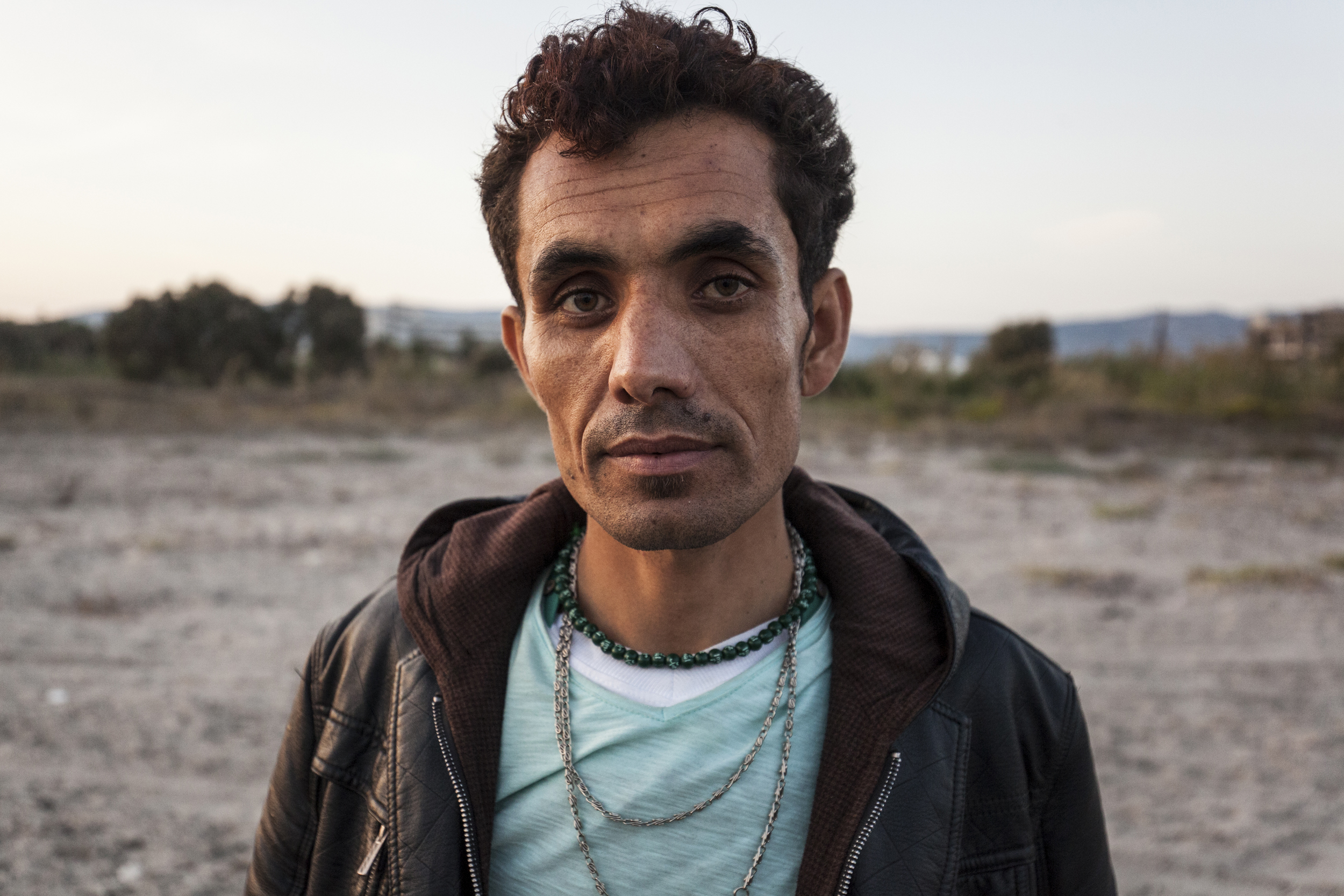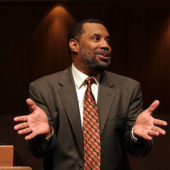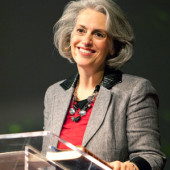I don’t know what it’s like to be a refugee. I’ve never had to flee my homeland out of fear for my life because bombs or beheadings were a very real threat. I’ve never had to resettle in a foreign land and struggle to assimilate to an alien or hostile culture.
I also don’t know what it’s like to lose a loved one to an act of terrorism, blown up in a plane or riddled with bullets in a concert venue.
The plight of both situations grieves me, and contrary to the heated political rhetoric of recent days I do not believe we have to choose which one deserves more sympathy and support. We must strive to protect innocent lives both by thwarting the plots of terrorists and by creating refuges for people trying to escape their reach. These are not mutually exclusive endeavors.
I certainly don’t envy the politicians and leaders who are trying to balance national security interests with welcoming policies on asylum and immigration. It’s a complicated subject of which I am no expert. I don’t think the answer is one extreme or the other (completely open or completely closed doors), but I don’t know what the balanced political solution would be.
What I do know is that the Christian church should be doing whatever it can to help address “the worst humanitarian disaster of our time.”
Christians should have a special appreciation for the plight of the refugee. Our spiritual heritage is full of refugees: Abraham, Isaac, Jacob, Joseph, Moses, Ruth, Daniel and Jesus were all displaced from their homeland at some point. The earliest Christians in Jerusalem faced persecution that led them to scatter. Throughout the Bible the people of God are described as being exiles, strangers, sojourners, aliens, citizens of a heavenly home. A certain sense of homelessness is part of the cost of discipleship.
The way of Jesus Christ is not closing doors to asylum-seeking refugees or building walls to keep out foreigners. The way of Jesus Christ is not about forsaking the well-being of others in order to protect one’s own livelihood. The way of Jesus Christ is the cross. It is the way of sacrificing one’s own well-being in the name of love, however uncomfortable or risky or countercultural that may be.
This is not to say we should be reckless or naive or go looking for martyrdom. Christ warned his disciples not to be Pollyannaish about their safety in the world; they would be like sheep among wolves, and therefore should be “wise as serpents and innocent as doves” (Matt. 10:16). Our compassion should be tempered by prudence and common sense. But if “prudent compassion” in allowing desperate refugees into my community results in a terrorist sneaking in and launching an attack that kills me, I would have died doing what a Jesus-follower should do.
Think about this in terms of our witness in the world. The way we Christians respond to refugees presents a unique opportunity to show, in vivid relief, the sort of God we serve.
Ask yourself which reflects the character of Christ more: Refusing to take in a Syrian refugee because we are concerned at the possibility that we could be harmed by such charity; or taking in the Syrian refugee out of sacrificial love that says “you are welcome at my table even if it costs me something.” Simply because you are a human and bear the image of God, I value your life, show you hospitality, welcome you at my table, even if you are a potentially dangerous stranger.
The latter sort of costly, countercultural kindness is a religious extremism of a sort that is exactly opposite that of Islam. As Tim Challies recently wrote:
Allah may be glorified in maimed bodies and blood-soaked city streets, but God is glorified in acts of love and deeds of kindness. He is glorified in deeds done not to earn favor with God, but deeds done as an expression of gratitude because we have already received the favor of God. God is glorified as we serve others in his name. God is honored in the costly sacrifice of love.
I think it’s important that Christians push back against the fickle fear and political pendulum that turns the refugee into a concept rather than an image-of-God-bearing human being. Refugees are real people with real hopes and fears, just like you and I. In many cases they are our brothers and sisters in Christ.
When I was in London last month I was at an evangelical church and met a young man who called himself “Mo” and had immigrated to the U.K. from Iran. Born as a “Mohammed” and raised a Muslim, he had since become a Christian and thus shortened his name to “Mo.” He fled Iran because he was persecuted there for his faith. He had no other family in London but had joined this church and was there every chance he could get. He was not a menace to society or a threat, but a brother in Christ seeking a brighter future.
Last year I sat down for coffee with a college student who I was interviewing for a story I was writing on global religious persecution. She had grown up in Cairo as a Coptic Christian and had to flee to the U.S. in 2011 when the revolution erupted and her life was threatened by Muslims in her neighborhood. As a Christian and a woman in Egypt without a father (he had died when she was young), she was quite vulnerable. Just walking down the street without wearing a hijab made her conspicuous and a target of shouts and worse. Many of her Christian friends had been raped and/or kidnapped, never to be seen again, she said. This woman came to the U.S. with her family simply to survive. She was not a menace to society or a threat, but a sister in Christ seeking a brighter future.
The refugees of our world are beloved of God and should be by Christians too. We need to know them, help them, hear their stories. We can learn from them. Let’s not close our borders and our hearts to them out of fear or ignorance. Let’s love them as Jesus loves us: mercifully, generously, sacrificially.
This post was originally published on Brett McCracken’s website
Are you interested learning more about how you can welcome and love refugees arriving in your community? Get involved with our Ministry Spotlight: Arrive Ministries.















